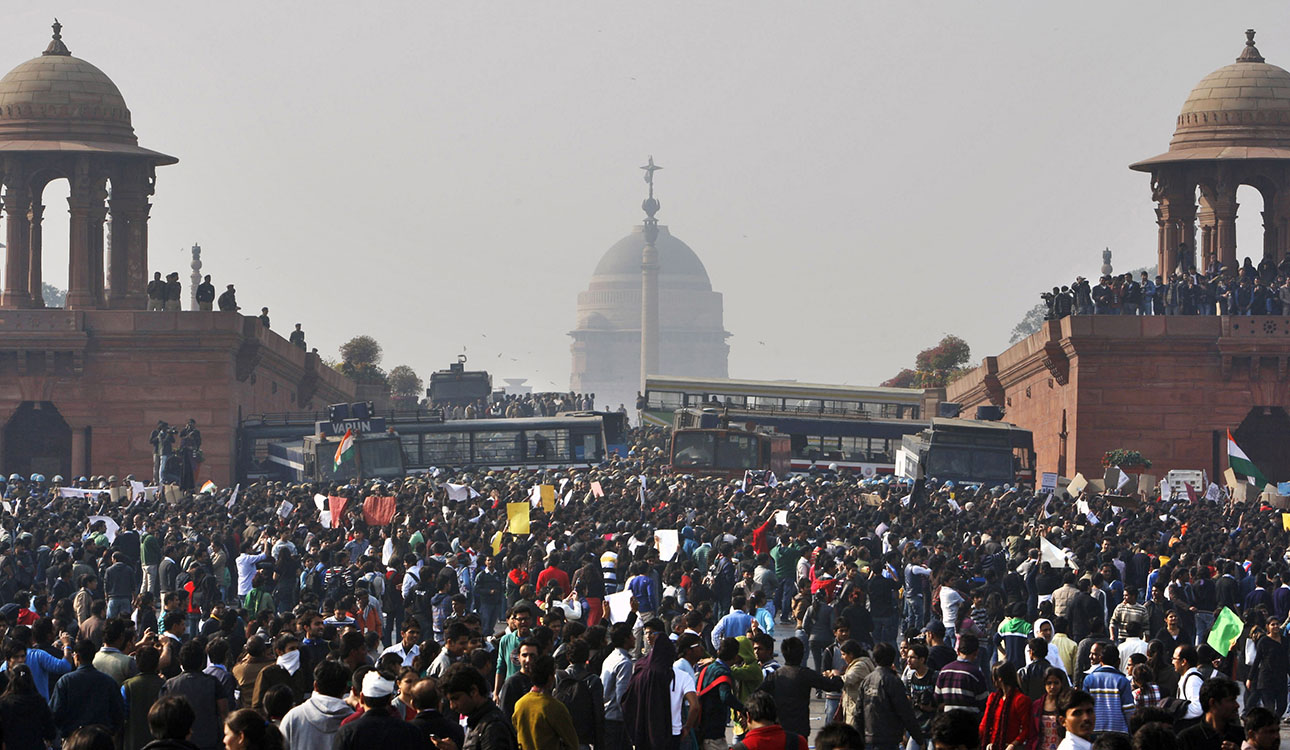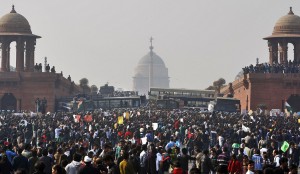

By Muneeza Naqvi
Associated Press
NEW DELHI — When a condemned killer said the woman he and others brutally gang-raped on a New Delhi bus was responsible for what had happened to her, his comments were shocking in their callousness and lack of remorse. But the underlying view has wide acceptance in India.
Blaming women for rape is what hundreds of millions of men in India are taught to believe.
And the code for women in this country is simple: Dress modestly, don’t go out at night, don’t go to bars and clubs, don’t go out alone. If you break the code, you will be blamed for the consequences.
When one of the four men sentenced to death for the high-profile gang rape of the woman in 2012 was quoted in a new documentary as saying “a girl is far more responsible for rape than a boy,” he was repeating something community and religious leaders in the nation of 1.2 billion routinely say.
“A decent girl won’t roam around at 9 o’clock at night. … Housework and housekeeping is for girls, not roaming in discos and bars at night doing wrong things, wearing wrong clothes,” Mukesh Singh said in the documentary “India’s Daughter,” meant to be shown on Sunday, International Women’s Day, in India and several other countries.
But how different were the convicted rapist’s words from comments that Manohar Lal Khattar, the top elected official of Haryana state, made last year?
“If a girl is dressed decently, a boy will not look at her in the wrong way,” Khattar told reporters, “Freedom has to be limited. These short clothes are Western influences. Our country’s tradition asks girls to dress decently.”
Women leaders are not immune.
When a female journalist was shot dead in 2008 while driving home from work well past midnight, New Delhi’s top official at the time, Sheila Dixit, make clear she partly blamed the victim.
“All by herself till 3 a.m. at night in a city where people believe…you know…you should not be so adventurous,” she told reporters.
It’s a view that Sangwan hears all too often.
“It’s a heinous view to hold, but it’s the view of our religious leaders, our community leaders, our legislators,” she said.
The documentary, which includes a 2013 jailhouse interview with Singh, set off government alarm bells after transcripts were released this week. On Tuesday, India’s Information and Broadcasting Ministry ordered television channels not to air the film.
It remains unclear whether the government will be able to block the film, but the legal wrangling will most likely delay its screening in India.
The brutality, and perhaps the fact that the gang rape occurred on a moving bus in a posh New Delhi neighborhood, galvanized this country of 1.2 billion, where sexual violence is rampant.
The woman and a male friend were returning home from seeing a movie at an upscale mall when they were tricked by the attackers into getting on the bus, which the men had taken out for a joyride.
The attackers beat the victim’s friend and took turns raping her. They penetrated her with a rod, leaving severe internal injuries that led to her death two weeks later.
Four men were convicted of rape and murder in an unusually fast trial for India’s chaotic justice system. A fifth man died in prison, and another attacker who was a juvenile at the time was sentenced to three years in a detention center. Legal appeals against their death sentences are pending in the Supreme Court.





